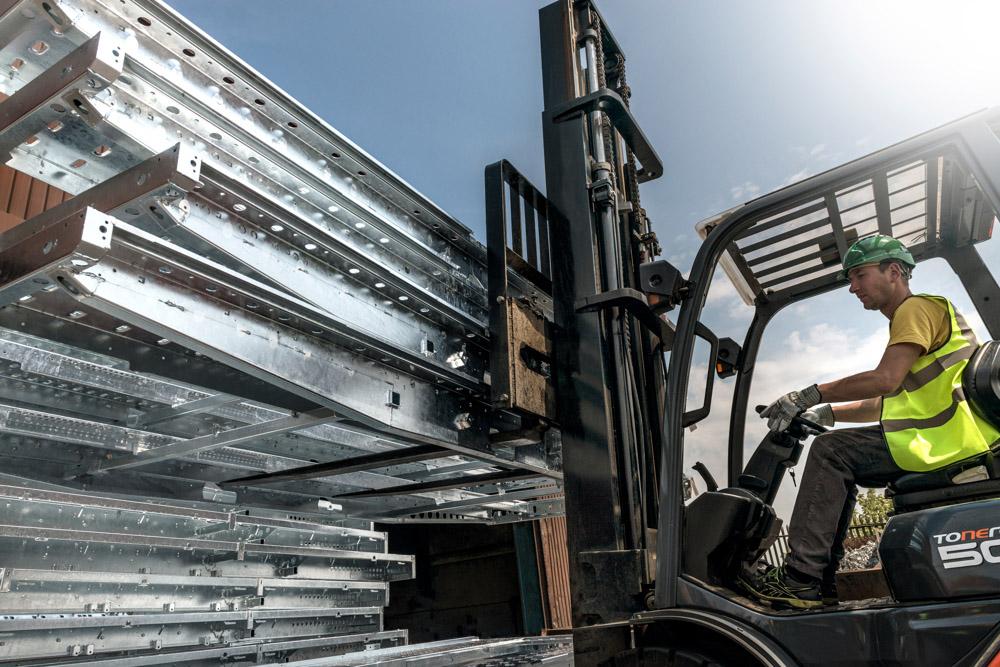
Following new investment and appointments, ane of the UK’s longest-established hot dip galvanizers, is targeting new opportunities in the agricultural, transport infrastructure, street furniture and utilities markets.
Despite a challenging year due to rising zinc costs, Halesfield-based Corbetts the Galvanizers has managed to make the most of its quality processes and quick lead times to secure a number of new contracts that are making the most of the larger galvanizing kettle it installed in late 2017.
This upgrading of capacity was part of a £400,000 investment project to deepen the kettle and to provide important infrastructure improvements in Plant B.
“There has been a lot of discussion about what the next twelve months will bring UK manufacturing and most of it focuses around uncertainty and Brexit,” explained Sophie Boothroyd, Finance Director at Corbetts the Galvanizers.
“We can’t control these factors so our approach is very much about focusing on what we do best and how we can continue to win new business. The capacity is there with the recent investment and the extended management team gives us the skills we need to target new opportunities.
“Our biggest sectors currently are utilities (made up in the most part by cable management product), transport (predominantly RV chassis) and parts for lighting columns and fencing. There’s still lots to go after in these sectors.”
She continued: “The only real concern with Brexit is the free movement of people given the vast majority of our staff on the shopfloor are Eastern Europeans.
“There haven't been any murmurings yet of mass movement back to their native homeland, but it is certainly something we are keeping an eye on and taking measures to protect our skills.
“One example is the way we are building relationships with local employment agencies, another is looking at a wider catchment area and how we can transport people in from Wolverhampton and surrounding areas.
Corbetts the Galvanizers specialise in hot dip galvanizing, which involves the coating of steel with a layer of zinc by immersing the metal in a bath of molten zinc at temperatures of around 450°c.
When exposed to the atmosphere, the pure zinc reacts with the oxygen to form zinc oxide, a strong material that stops further corrosion in many circumstances, protecting the steel from the elements.
Sophie concluded: “The other big project for 2019 will be our commitment to securing the ISO 9001 accreditation, which will formalise our quality management systems.
“This will help us gain entry into other vertical markets and on high-profile projects that demand this standard as part of their tendering requirements - HS2 being a prime example.”